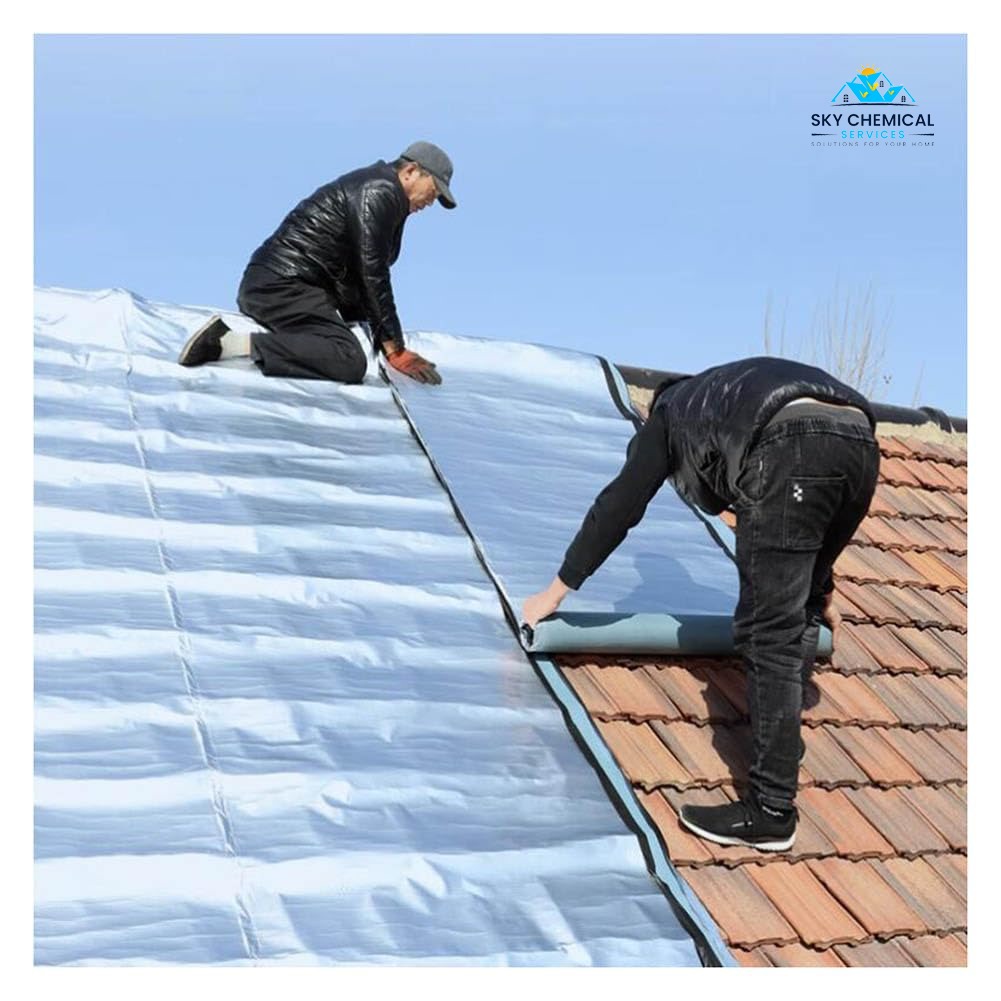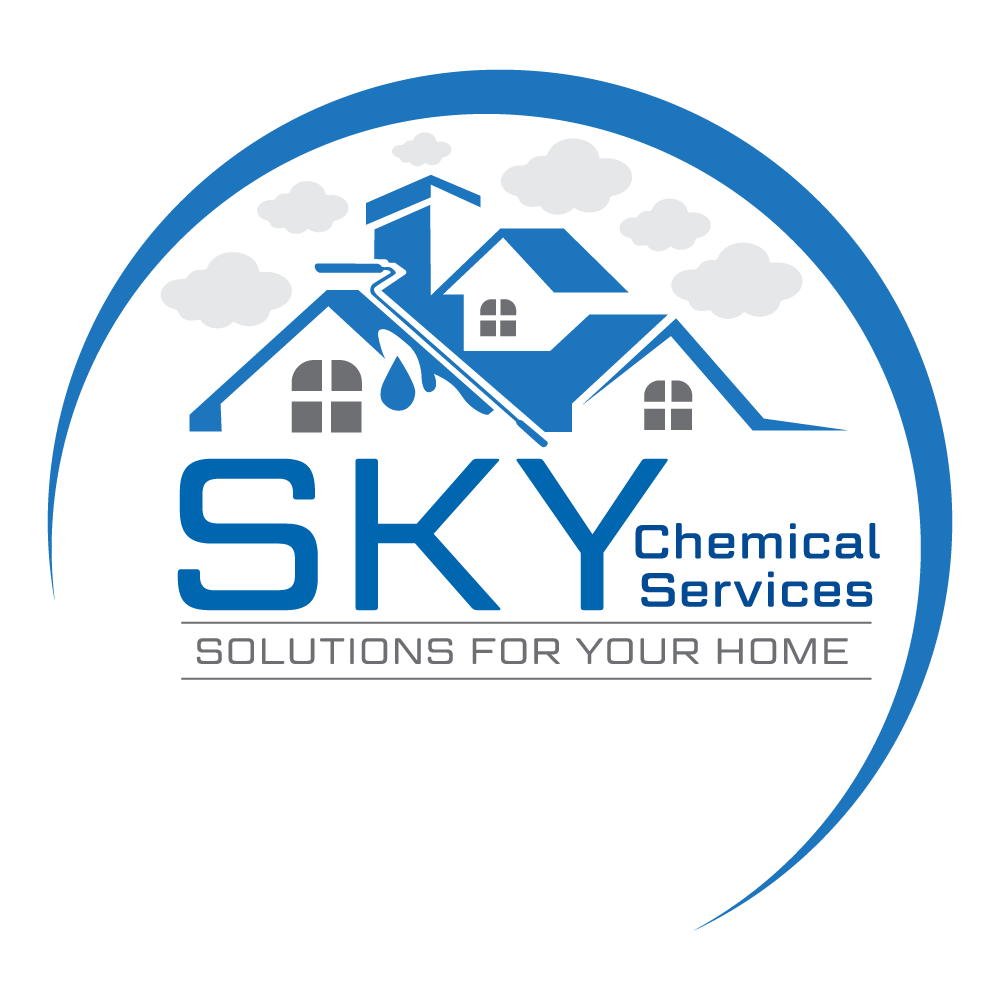In a world where water damage can lead to significant structural and financial problems, waterproofing solutions have become more crucial than ever. One of the most effective and innovative products in the waterproofing industry is the waterproof sheet. In this blog, we will explore what waterproof sheets are, how they work, their various applications, and the benefits they offer to both residential and commercial properties.
What is a Waterproof Sheet?
A waterproof sheet, often referred to as a waterproof membrane, is a barrier designed to prevent the passage of water through a surface or structure. These sheets are made from various materials, including polyethylene, PVC (polyvinyl chloride), TPO (thermoplastic olefin), and EPDM (ethylene propylene diene monomer). Waterproof sheet can be used in a variety of applications, from roofing and foundation waterproofing to agricultural uses.

Types of Waterproof Sheet
- Polyethylene Sheets: Commonly used in construction, polyethylene sheets are versatile and affordable. They are often used as vapor barriers in foundations and walls to prevent moisture from seeping in.
- PVC Sheets: PVC waterproof sheets are durable and resistant to chemicals, making them ideal for both roofing and lining applications. Their flexibility allows them to adapt to different shapes and surfaces.
- TPO Sheets: TPO is a single-ply roofing membrane that is energy-efficient and reflects sunlight, reducing cooling costs. It is popular for commercial buildings and flat roofs.
- EPDM Sheets: EPDM is a synthetic rubber that is highly resistant to UV radiation and extreme weather conditions. Its durability makes it a preferred choice for flat roofs and other exposed surfaces.

How Do Waterproof Sheet Work?
Waterproof sheets work by creating a barrier that prevents water from penetrating the underlying structure. The effectiveness of these sheets lies in their material properties and installation methods. Here’s a breakdown of how they function:
1. Barrier Formation
Waterproof sheets are designed to be impermeable to water. This means that they do not allow moisture to pass through, effectively keeping interiors dry. The choice of material plays a crucial role in their effectiveness—each type of waterproof sheet has unique properties that make it suitable for specific applications.
2. Seam and Joint Integrity
For waterproof sheets to be effective, proper installation is essential. Seams and joints must be sealed correctly to prevent water from entering through these vulnerable points. This can be achieved through welding or the use of adhesives specifically designed for the material of the sheet.
3. Drainage Management
In many applications, waterproof sheets are part of a larger drainage system. For example, in roofing applications, they may be used in conjunction with drainage channels to redirect water away from the surface, preventing pooling and potential leaks.
4. Temperature and Environmental Resistance
Many waterproof sheets are designed to withstand extreme temperatures and environmental conditions. This resistance helps maintain their integrity over time, ensuring long-lasting protection against water damage.
Applications of Waterproof Sheets
Waterproof sheets have a wide range of applications across various industries. Here are some common uses:
1. Roofing
In roofing, waterproof sheets are used as membranes to protect the underlying structure from water infiltration. They are especially popular for flat roofs, where traditional roofing materials may struggle to provide adequate protection.
2. Basement Waterproofing
Waterproof sheets are often installed in basements to prevent moisture from seeping in through walls and floors. This is crucial for maintaining a dry and healthy living environment.
3. Construction and Civil Engineering
In construction, waterproof sheets are used to protect foundations from groundwater and moisture. They can also be employed in tunnels, bridges, and retaining walls to prevent water damage.
4. Agriculture
In agricultural applications, waterproof sheets are used for lining ponds, reservoirs, and irrigation systems. They help retain water, ensuring a reliable supply for crops while preventing soil erosion.
5. Landfill Liners
Waterproof sheets are essential in environmental protection, acting as liners for landfills to prevent leachate from contaminating surrounding soil and groundwater.

Benefits of Using Waterproof Sheets
The advantages of using waterproof sheets are numerous, making them a popular choice for various applications:
1. Protection Against Water Damage
The primary benefit of waterproof sheets is their ability to prevent water damage. By acting as a barrier, they protect structures from moisture-related issues, such as mold, mildew, and structural deterioration.
2. Cost-Effective Solution
Investing in waterproof sheets can save money in the long run. By preventing water damage, homeowners and businesses can avoid expensive repairs and maintenance costs.
3. Durability and Longevity
Many waterproof sheet are designed to withstand harsh weather conditions and UV exposure, ensuring that they remain effective for years. This durability makes them a reliable choice for both residential and commercial applications.
4. Versatility
waterproof sheet can be used in various settings and applications, from construction and agriculture to roofing and environmental protection. Their versatility makes them an essential tool in many industries.
5. Ease of Installation
Most waterproof sheet are relatively easy to install, especially with the right tools and techniques. This ease of installation can save time and labor costs, making them an attractive option for contractors and builders.
Conclusion
Waterproof sheets play a vital role in protecting structures from water damage across a wide range of applications. Their ability to create an impermeable barrier, combined with their versatility and durability, makes them a popular choice for homeowners, builders, and agricultural professionals alike. Whether you’re looking to waterproof a roof, basement, or agricultural area, understanding what waterproof sheets are and how they work will help you make informed decisions for your projects. Sky Chemical Services offers high-quality waterproofing solutions, ensuring you get the best materials and services for long-lasting protection. Investing in top-grade waterproof sheets from Sky Chemical Services can ultimately save you time, money, and the headache of dealing with water damage in the future.
Frequently Ask Questions
- Q. What are waterproof sheets?
A. Waterproof sheets are materials designed to prevent water from penetrating, commonly used for protecting surfaces like beds, roofs, and furniture. They are typically made from vinyl, PVC, or other water-resistant materials. - Q. What is the price of waterproof sheet in Pakistan?
A. The price of waterproof sheets in Pakistan typically ranges from PKR 150 to PKR 500 per square meter, depending on the material, thickness, and brand. - Q. What can I use as a waterproof sheet?
A. Materials like PVC, vinyl, or laminated fabric can be used as waterproof sheets, offering protection from water and moisture in various applications. - Q. What is the price of waterproof mattress cover king size?
A. A waterproof king-size mattress cover in Pakistan typically costs between PKR 2,000 to PKR 5,000, depending on the material and quality. - Q. Is PVC sheet waterproof?
A. Yes, PVC sheets are waterproof and are commonly used in roofing, flooring, and furniture protection due to their durability and water-resistant properties. - Q. How to waterproof a bed?
A. To waterproof a bed, use a waterproof mattress protector or cover made of materials like PVC or vinyl to prevent moisture from seeping into the mattress.
